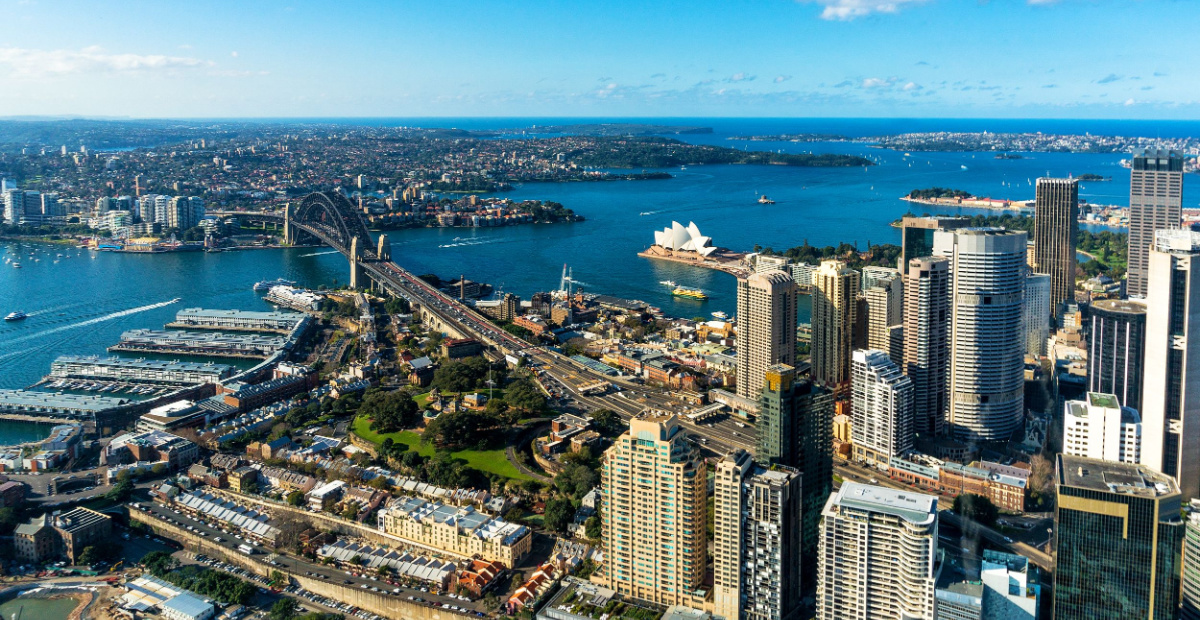Quality assets underpin office REITs

Australia’s major office Real Estate Investment Trusts (REITs) reported their largest negative revaluations during the current cycle but are being buffered by the quality of their assets, according to Fitch Ratings.
In an analysis of the sector, Fitch said recent shifts in the workplace had continued to weigh on Australia REITs’ office valuations as major REITs recorded negative valuations across their portfolios for the second straight year.
“However, their high quality portfolios, the flexibility afforded by their strong balance sheets and discipline around future developments will continue to support their credit profiles,” it said.
“Australia’s major office REITs – including Mirvac Limited (A-/Stable), Dexus, GPT Group and Stockland Corporation Limited – reported the largest negative revaluations for their office portfolios in the current revaluation cycle in their results to end-June 2024,” it said.
“The REITs’ office portfolio valuations have fallen on average by over 20% since the cycle began in early 2023, with around a 15% decline over the past 12 months. Similarly, Australian developer Lendlease Corporation Limited (BBB-/Stable) recorded more than a 10% decline in office valuations in its fund management business in the 12 months to end-June 2024.
“The revaluations across the sector reflect the interest rate-led cap rate expansion at a time of falling net rents as landlords offer higher incentives to attract and retain tenants amid weaker demand for space with the increase in flexible working,” the Fitch analysis said.
“However, Fitch believes the high-quality, modern and well-located properties in the major REITs’ portfolios will continue to support their strong cash flow visibility and generation across the cycle. Occupancy remained above 90% for the four REITs with weighted-average lease expiries of around five years, while the more heavily focused office portfolios of Mirvac and Dexus reported around 95% occupancy rates,” it said.
“Higher-quality buildings continue to outperform lower-grade properties, as they benefit from strong demand, reflecting tenants’ increasing preference for space in buildings with strong green credentials, good transport access and quality amenities to attract and retain employees.”
“Furthermore, the differentiation between areas in central business districts is widening. This has been most notable in Sydney, where the midtown and core areas have outperformed the western corridor on rents and occupancy.”
“The strength of the REITs’ portfolios also reflects the location of most of their assets in these outperforming areas. They continue to take action to optimise their portfolios through non-core asset sales as they adjust their capital allocation to respond to the office sector downturn. We expect this will underscore strong demand for space across their portfolios and ensure low vacancies.”











It`s a created Moral Hazard that is now out of control.
It seems that the DBFO legislation may be designed for advice to be built off vertical integration. I wonder where…
yet banks are lending to 19 year old tradies to buy $100k cars without anyone saying boo
Well those two obnoxious pieces of adviser taxation have significantly contributed to mt departure from ther FAR, as of today.
Gone are the days when individuals take responsibility for their own choices.